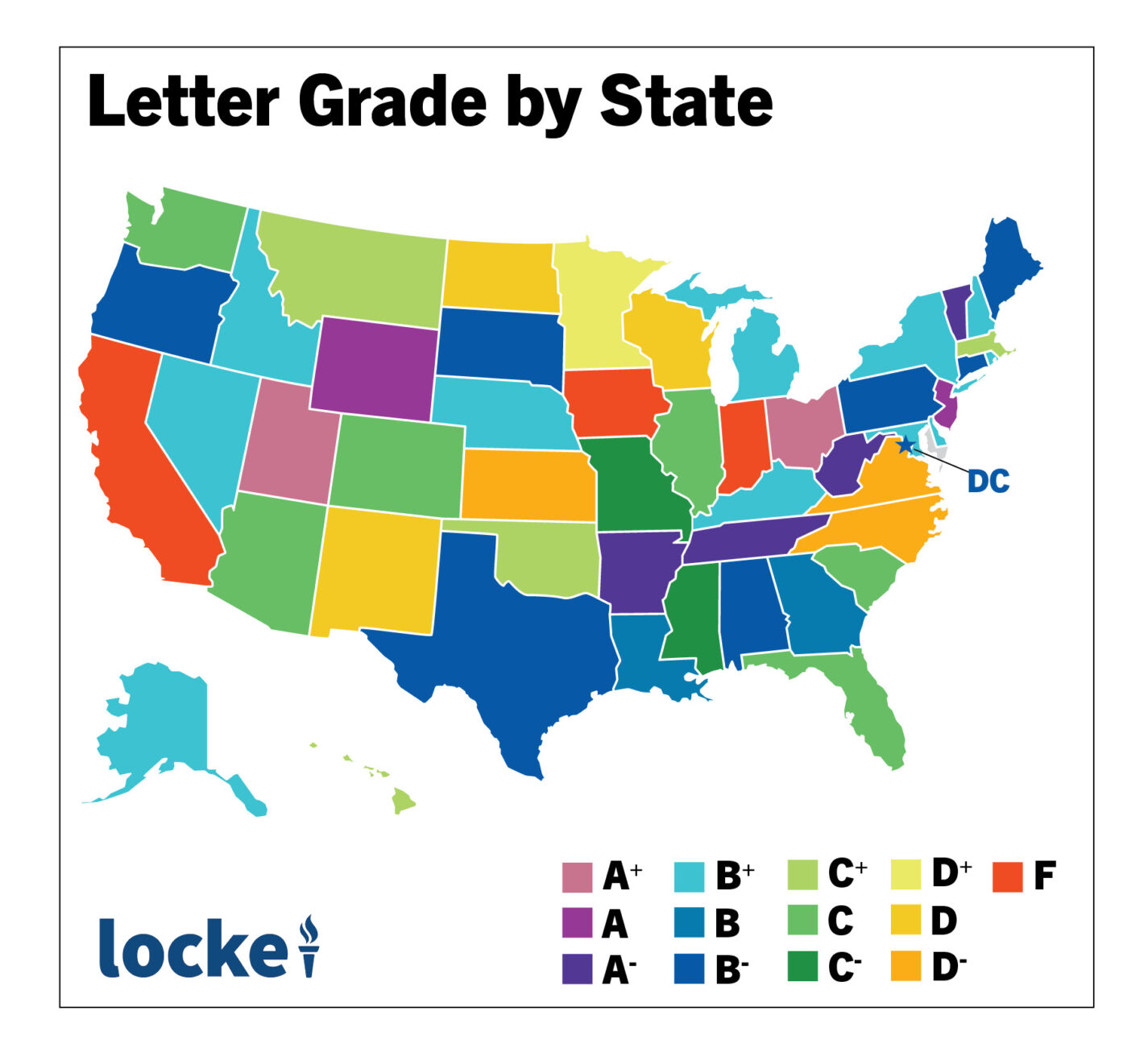August 14, 2023
RALEIGH — The John Locke Foundation is releasing a first-of-its-kind report today, “In the Tank: Grading State Biofuel Incentives and Mandates,” grading states on their biofuel incentives and mandates. The report outlines the real-world concerns related to policies that interfere in the domestic agriculture market and pit fuel against food for America’s finite farmland. The report’s author, Michael Bruce, compared states’ biofuel policies and graded states on an A-to-F scale based on their intrusiveness into the agricultural market.
The report highlights the impact that increasing use of edible crops like corn, wheat, and soybeans to fuel our vehicles has had on surging food prices, which disproportionately burdens low-income households and can exacerbate food insecurity.

Nationally, Ohio and Utah tied for first place, reflecting their commitment to avoiding burdensome biofuel mandates and incentives, while California scored lowest, earning an F grade for its excessive interventions and disruptions to this market.
North Carolina also landed near the bottom of the list, earning a D- grade, placing it at 47th in the rankings. Such a low score exhibits a concerning level of government interference in the state’s agricultural market.
“These policies are not just numbers on paper. They create real-world distortions in our markets, misallocating resources, and inefficiently employing taxpayer money,” Bruce stated. “It’s high time we re-evaluate.”
“The cost of groceries has skyrocketed over the past few years, and the USDA is predicting food prices will continue to grow at higher-than-average rates,” said Jon Sanders, Director of Locke’s Center for Food, Power, and Life. “Even with families seeking relief from supermarket prices, nearly half of the staple-food crops of corn and soybeans produced in the U.S. are being diverted into biofuels.”
Sanders emphasized the need for more thoughtful policymaking, stating, “For the sake of our food security and economic health, state policymakers must tread cautiously. This report underscores the need for a balanced approach that carefully weighs the tradeoffs between expensive biofuels goals and the production of affordable, accessible food.”
Read the full report below.
###